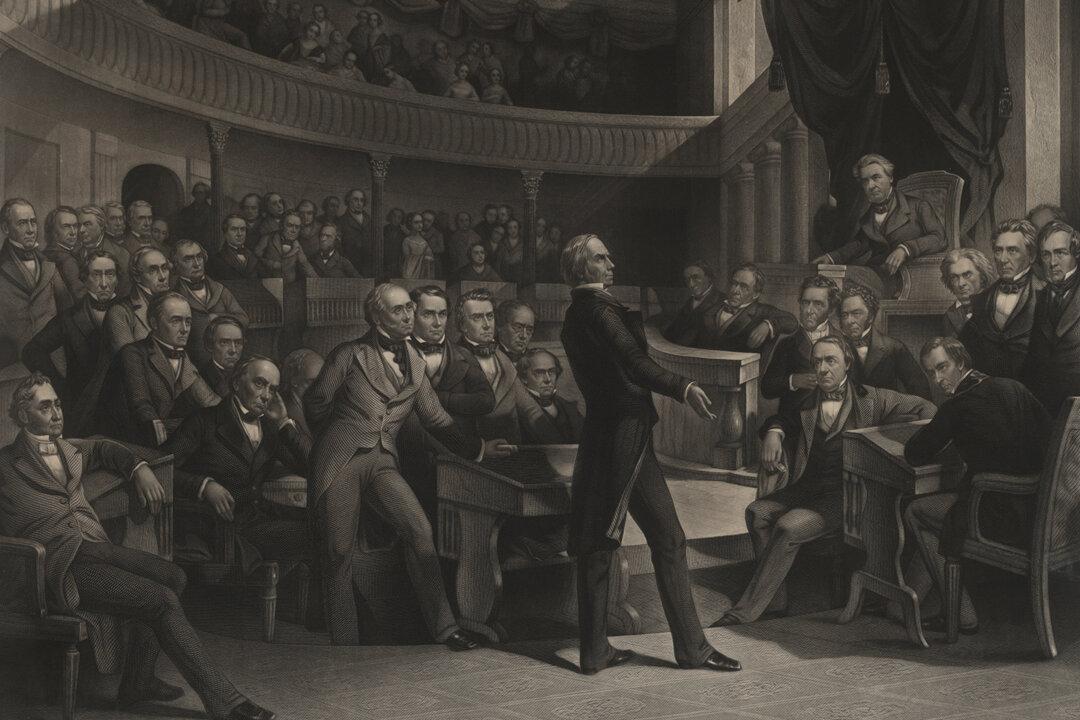In the movie “To Kill a Mockingbird,” an angry Scout Finch returns home from her first morning at school. She’s upset that her teacher wants her to stop learning to read every night with her father, Atticus. In tears, she refuses to go back to school, at which point Atticus, a prominent attorney in town, takes her into his arms and says of the teacher: “You never really understand a person until you consider things from his point of view, until you climb inside of his skin and walk around in it.”
“But if I keep going to school,” Scout says, “we can’t ever read anymore.”






